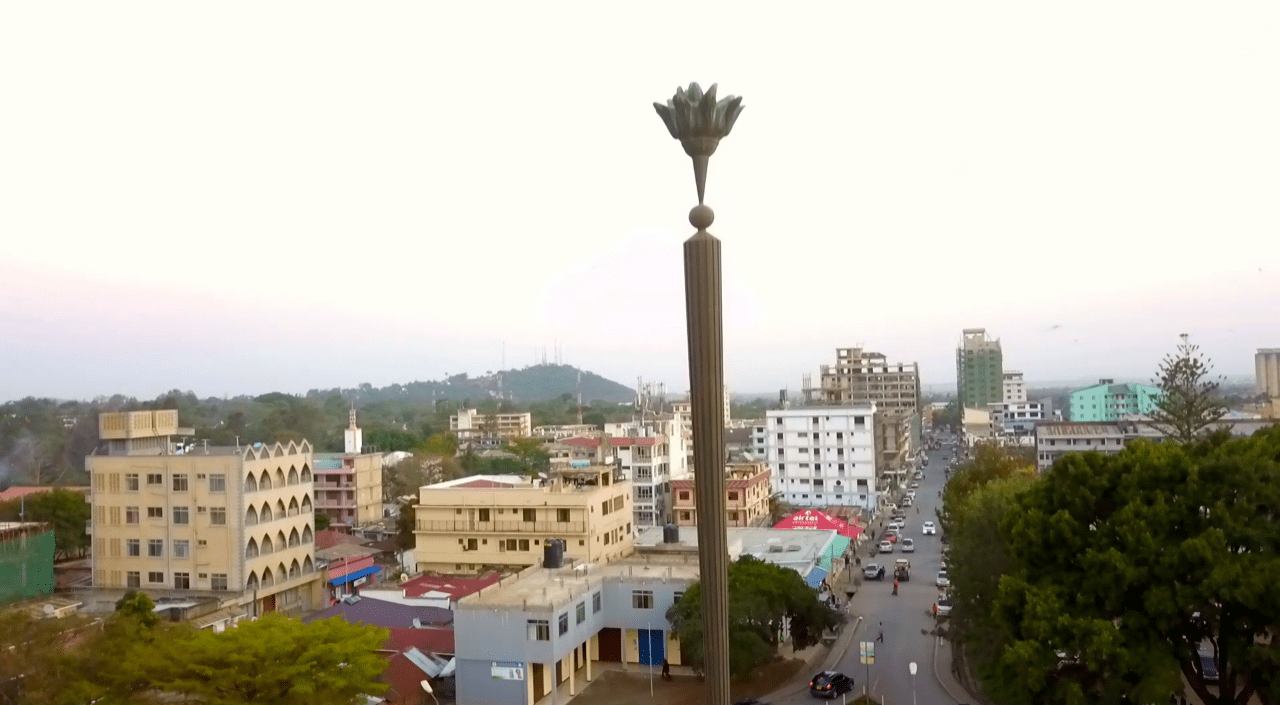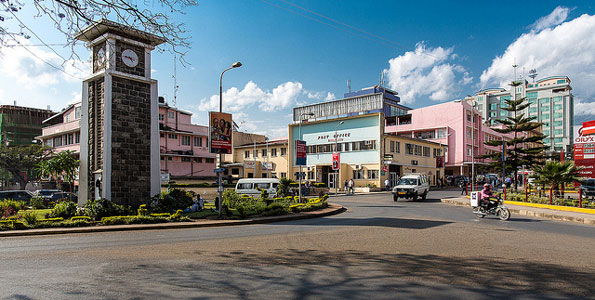Campus Life
- Sports and Recreation
- Accommodation
- Catering
- Guidance and Counselling
- Health Services
- Students' Clubs
- Tanzania Red Cross Society (TRCS)
- Arusha
Sports Facilities
The NM-AIST campus recreational programs and activities foster the education and development of the mind, body and spirit of community members. It provides safe and quality recreational programs, facilities, and services to students and staff to encourage personal escalation.
These programs and services include sports and games, special events, music festivals, workshops, Conferences, seminars and tours to National Parks (i.e. Serengeti, Ngorongoro, Tarangire, Manyara and Arusha national park). Sports and Games generate healthy minds to academic Elite. Sports and games facilities on campus are football, basketball and volleyball grounds as well as a running track.
There are weekly sports team practice events and regular, friendly competitions with other institutions in Arusha scheduled.



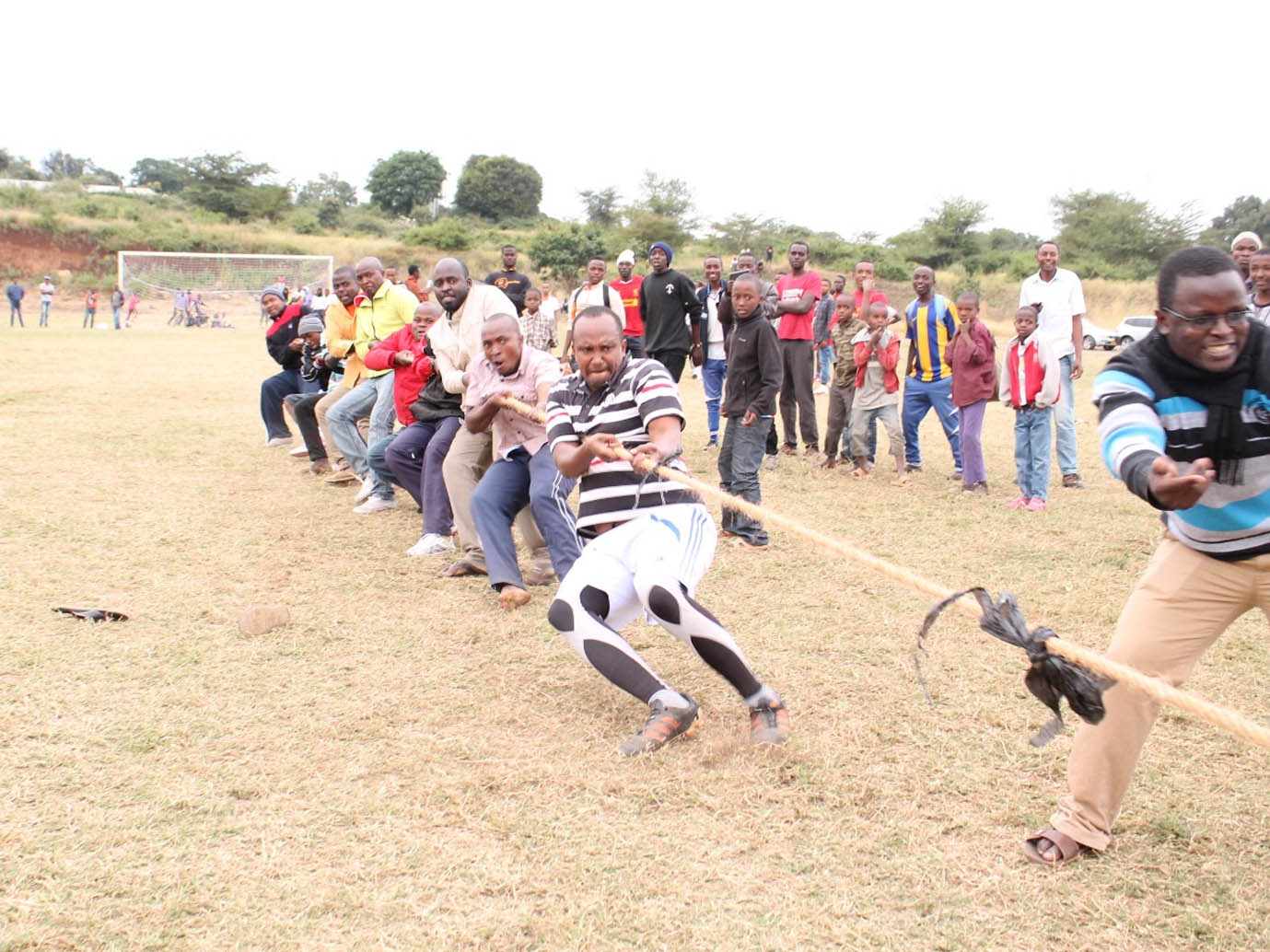
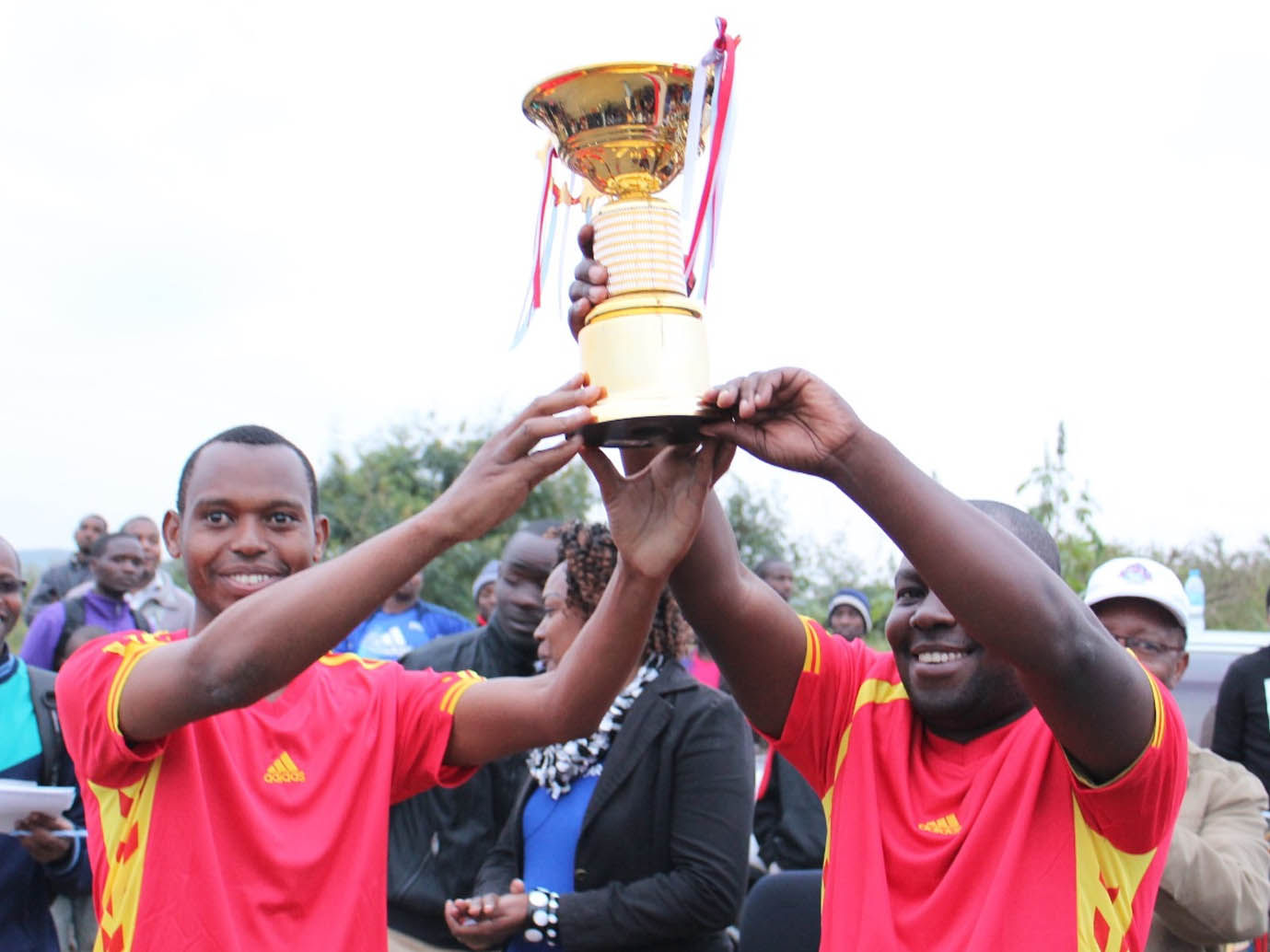
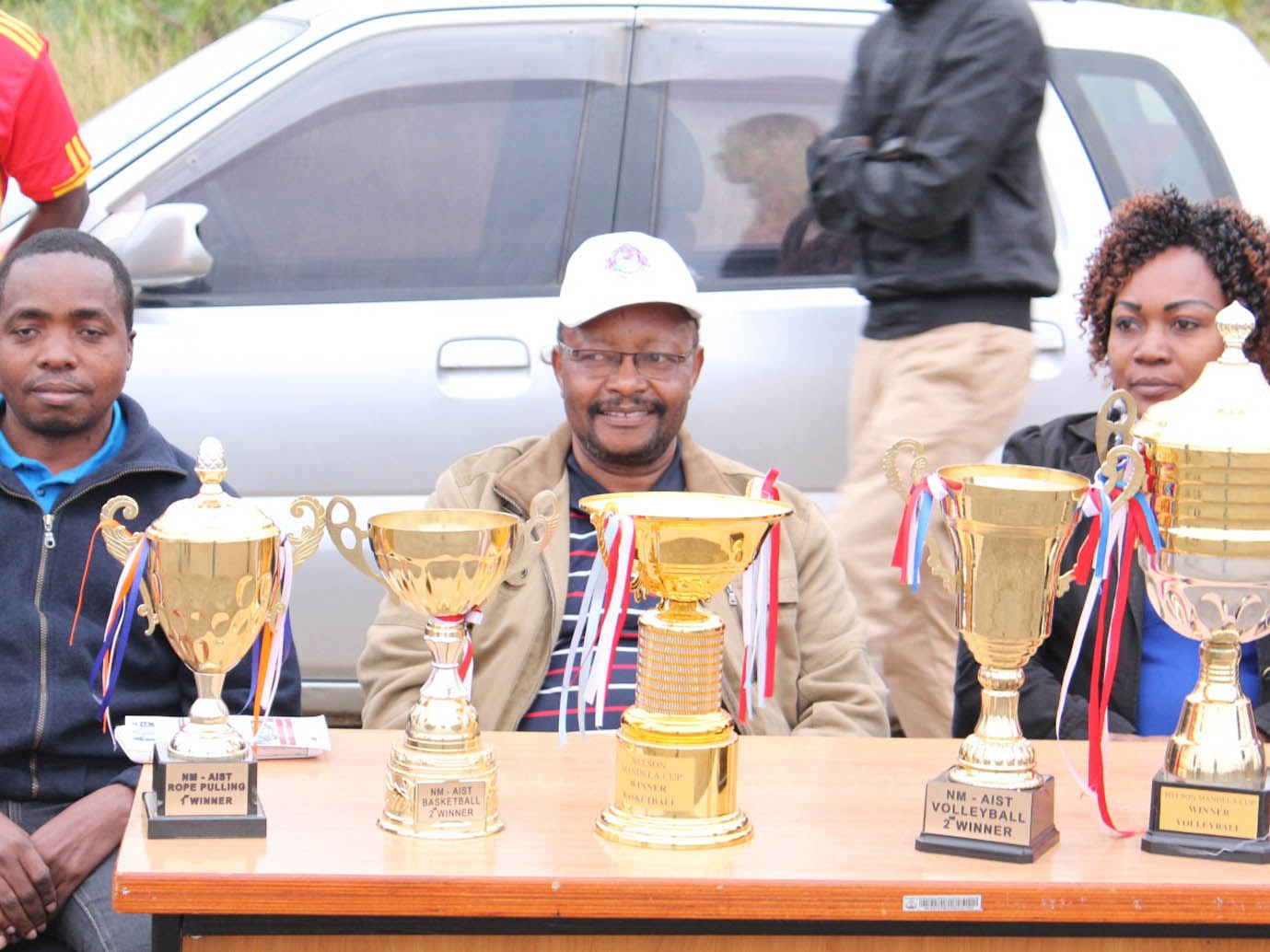
Recreational Activities
The NM-AIST campus recreational programs and activities foster the education and development of the mind, body and spirit of community members. It provides safe and quality recreational programs, facilities, and services to students and staff to encourage personal escalation. These programs and services include sports and games, special events, music festivals, workshops, Conferences, seminars and tours to National Parks (i.e. Serengeti, Ngorongoro, Tarangire, Manyara and Arusha national park). Sports and Games generate healthy minds to academic Elite. Sports and games that students are involved are football, basketball and volleyball.
Accommodation
NM-AIST has the best student housing in the region, reputable for elegance, privacy, ICT-mediation. There are two types of hostels for students namely Hostel type A and, Hostel Type B and Researchers’ Village.
The type A hostel has 141 self-contained rooms and partly-furnished rooms (bed, mattress, desk and chair). Students on each floor have access to a shared kitchen. A common room with a TV and DSTV subscription (included in fees) is also available.
The type B hostel has 88 cluster rooms. Students in 3 or 4 rooms share 2 toilets, 2 baths and a kitchen. The rooms are also partly furnished (bed, mattress, desk and chair). In both hostels, each room is assigned to one student.
The Researchers’ village is next to the Master’s hostels. The village consists of 2 bedroom houses with a living room, dining area, kitchen and garden and parking space. Priority for this housing is given to nursing mothers.
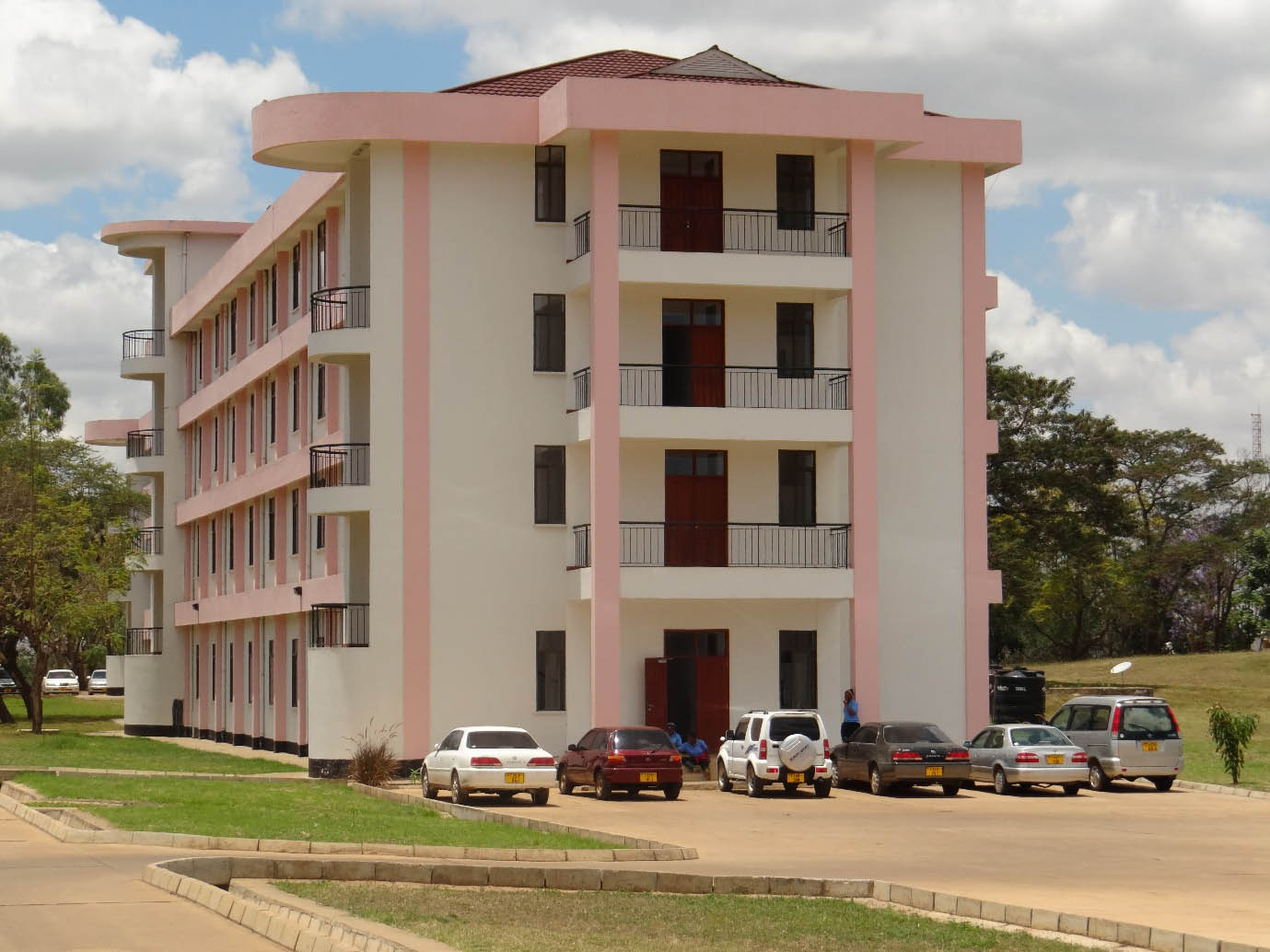
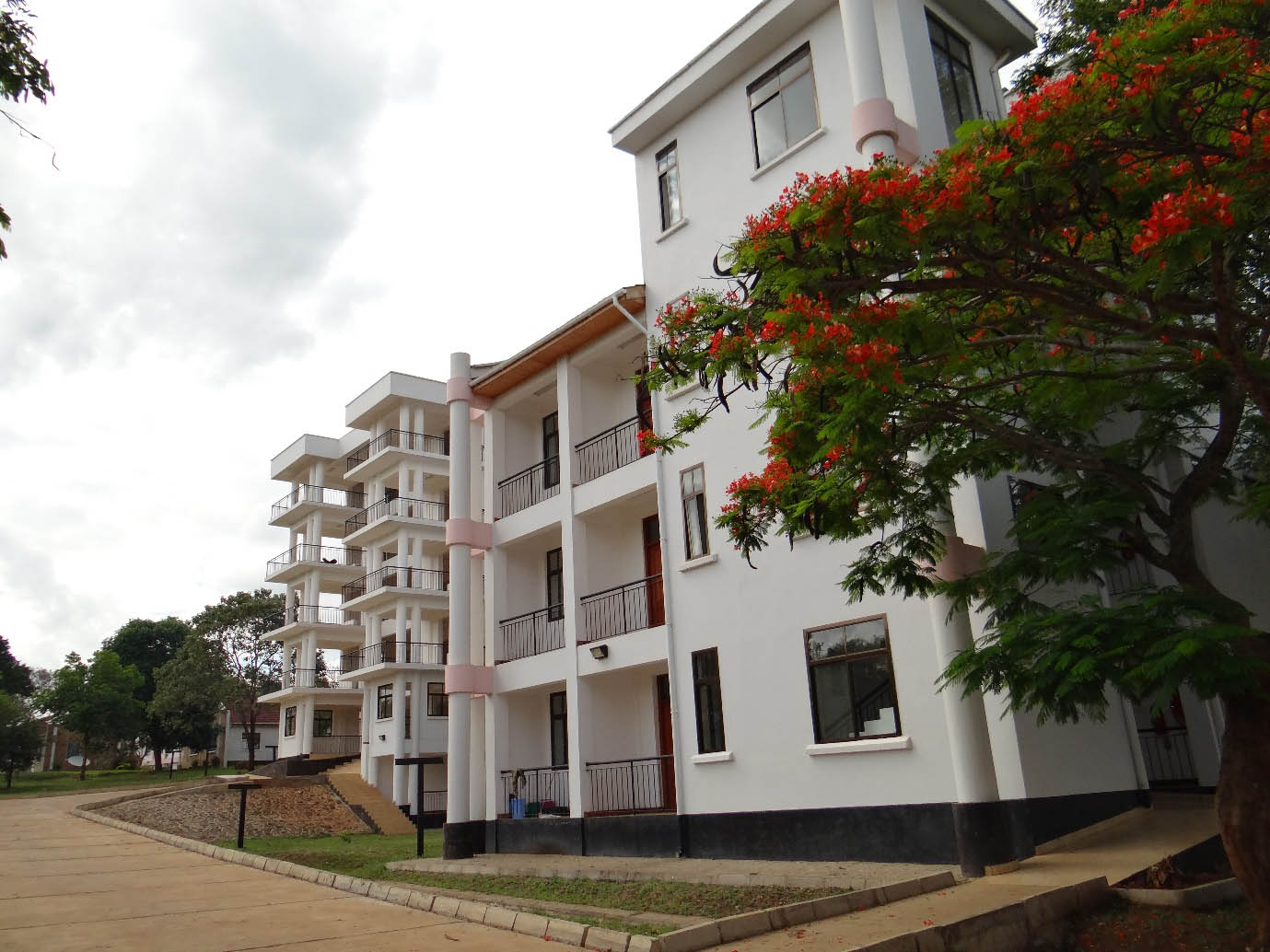
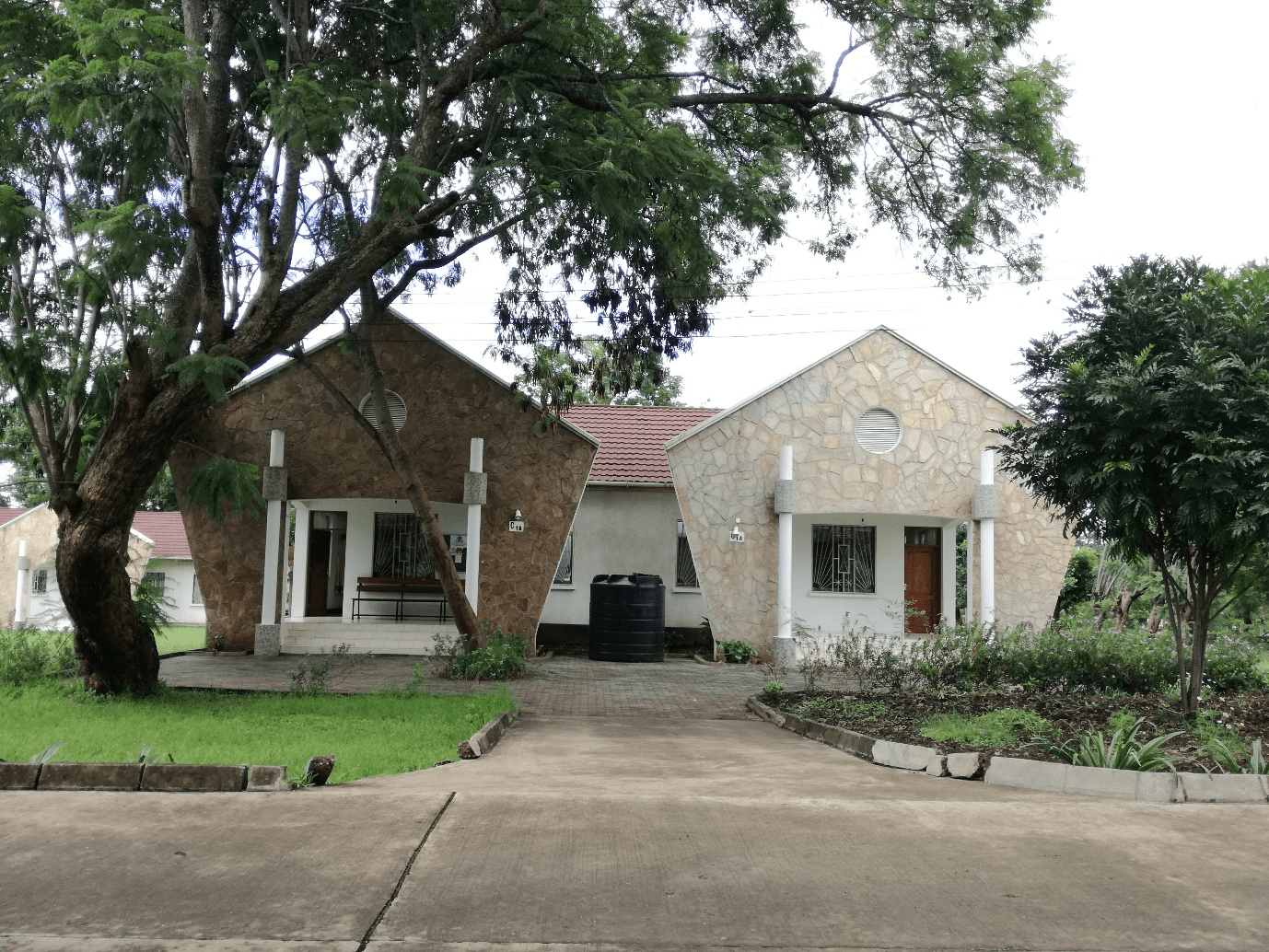
Both the Master’s hostels and Researchers’ village have both cable and wireless internet available 24/7 for free.
There are also a range of independent, accommodation options outside the NM-AIST that students can choose from.
The Department of Students’ Welfare provides students with total education environment with an enjoyable campus living experience. The campus life provides conducive environment to students’ success. It provides variety of opportunities for academic, social, leadership, and recreational activities that facilitate personal development.
The NM-AIST has a cafeteria on campus which is run by an independent catering company. Breakfast, lunch and dinner offering mostly Tanzanian cuisine, including vegetarian options.
The cafeteria is open from 7:00am to 8:00pm.
There are also a number of independent restaurants right outside the campus. Those who prefer to make their own food can purchase groceries from the Tengeru market, about 5 km away from the NM-AIST campus.
Guidance and Counselling
Students with academic, psychological, social economic problems receive guidance and counselling through the Department of Students’ Welfare. The department help students to intensify the capacity of taking rational control over their feelings and actions, to impart them with skills, awareness and knowledge to confront social inadequacies and make their life at NM-AIST campus more comfortable.
Health

Students are accessing health services at NM-AIST Dispensary through National Health Insurance Fund ( NHIF). The Dispensary is open from 8:00am to 4:00pm however, there is on campus medical doctor who attends all emergence cases after office hours. Students with more complicated cases are referred to hospitals in Arusha town.
Health Insurance
All prospective and continuing students are obliged to have health insurance at all time while at NM-AIST. One should have a health insurance that is valid and acceptable at least everywhere in the Tanzania. Furthermore, having health Insurance is one of the criteria for registration. If one does not have health Insurance that meets the above mentioned standards, you are advised to pay for National Health Insurance (NHIF). To be registered at NHIF one needs to fill NHIF form and one passport size photo with a blue background is required.
Services under Each NHIF Package
For more information email This email address is being protected from spambots. You need JavaScript enabled to view it.
There are 4 official students’ clubs at the NM-AIST:
NELSON MANDELA ENVIRONMENTAL CLUB
Training for students’ organization leaders is conducted every year by the students’ welfare office to ensure they are aware of effective leadership practices.
Annual workshops for female students are also conducted yearly by the students’ welfare department. They cover a range of topics to empower them including how to have a good work/life balance particularly for pregnant students and mothers to young children and how to cope with social stresses such as familial pressures to get married.
About TRCS
The Vision of TRCS is to become a strong, credible, and dependable national institution that supplements government efforts in providing effective humanitarian services in the country.
Mission
To improve the situation of most vulnerable in Tanzania through the power of Humanity.
The Goal
To build a well-functioning National Society.
More members wishing to save the lives of our community under the roof of TRCS are also invited, the aim is to make the world a better place for all!
Currently, we have 60 members among whom we have :
1. Mr. Japhet E. Shirima - National Treasurer for Red Cross and Chairperson of Finance and Audit Committee,
2. Mr. Otto Matonya the representative of Red Cross Arusha Branch in the National Assembly meetings.
NM-AIST Branch Leaders were elected according to the TRCS regulations. Their names and titles are as follows:
1. Mr. Joshua Jacob Mushi - Chairman
2. Mr. Dotto Mohamed - Vice Chairman
3. Mr. Damas Mnyanga'li - Secretary
4. Ms. Rose Mosha - Treasurer
5. Prof. Verdiana Masanja - Planning and Development Advisor
6. Ms. Happiness Silayo - Health and training Advisor
7. Mr. Peres Muhagaze - Disaster and Information Advisor
8. Ms. Hana George - Gender matters Advisor
9. Mr. Asifiwe John Makawa - Branch Representative at TRCS Arusha region
10. Ms. Happy Mtungakoa - Branch Representative at TRCS Arusha region
Please find more info on TRCS website
For immediate assistance on how you can join this Humanitarian Family at the NM-AIST please contact Ms. Happy Mtungakoa at NM-AIST reception.
Arusha is a small city of approximately 400,000 people, situated on the foot of Mount Meru, the fifth highest mountain in Africa. It is the gateway to Tanzania’s famous national parks including the world-famous Ngorongoro crater and Serengeti national parks. It is also the headquarters for the East African Community (EAC) and one of the two branches of the United Nations International Residual Mechanism for Criminal Tribunals.
Arusha
Arusha has activities to suit people of different interests and personalities.
Those interested in adventure sports can choose from mountain climbing (Mt. Meru, Mt. Kilimanjaro and Oldoinyo Lengai) or go go-karting or skydiving either in Arusha or the neighbouring Moshi town.
Nature lovers will enjoy visiting the various national parks, the Meserani snake park which has various snakes and reptiles from Eastern Africa including some of the world’s most poisonous snakes such as Black and Green Mamba, Egyptian Cobra and Puff Adder or go hiking through the many hills just outside the city.
Arusha also has a host of cultural activities. You can visit the Arusha Cultural Heritage Cente, which showcases carvings, gemstones, books and clothing of Tanzania’s 12o ethnic tribes in one compound. There are also the Old Boma museum, which exhibits historical artifacts including those found in Olduvai Gorge, the Arusha Declaration museum and the Tanzanite experience, where you can learn more about the Tanzanite gemstone, found only in Tanzania.
There are also a number of independent restaurants right outside the campus. Those who prefer to make their own food can purchase groceries from the Tengeru market, about 5 km away from the NM-AIST campus.
Daily Life in Arusha
Arusha has numerous shops, supermarkets and markets all around Arusha, family playgrounds, lots of restaurants offering Tanzanian, Indian, Italian, Mexican and other cuisines as well as a vibrant nightlife.
There are also plenty of government and private schools, including international schools such as St. Constantine’s, International School of Moshi and Feza schools and many hospitals both within the city center and in the outskirts.
Cost of Living
Arusha is a very livable city with low food prices and average entertainment, housing and school fee costs. You can explore the typical prices in this link: https://www.numbeo.com/cost-of-living/in/Arusha-Tanzania